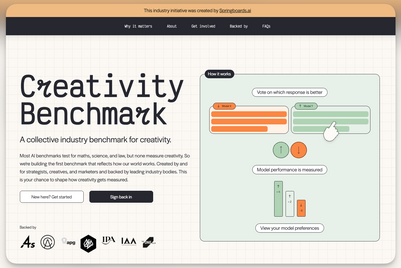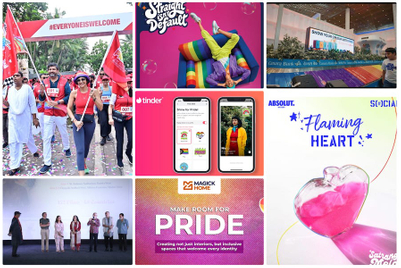
In June 2012, Nike become the first company to have a Twitter campaign banned in the UK. The advertising watchdog Advertising Standards Authority (ASA) decided that Nike’s use of the personal accounts of footballers Wayne Rooney and Jack Wilshere broke rules, as they did not tell the public clearly that their tweets were ads. The brand ran the Twitter campaign as part of a wider marketing push under its ‘Make It Count’ campaign.
While there are no specific laws or regulations specific to the medium in India, Bharat Patel, past chairman, Advertising Standards Council of India (ASCI) and chairman, Indian Society of Advertisers (ISA), points out that the ASCI code governs the medium as well.
“Similar to regulations on advertising in mass media like television, print, outdoor and radio, the internet has also been considered by ASCI as a medium that needs to be self-regulated. Underlining the importance attached to the medium by ASCI is the presence of a domain expert like Google India’s Rajan Anandan on its board,” he adds.
Though the Internet and Mobile Association of India (IAMAI) has been around for a while, the Association has not laid down any regulations related to social media, according to Dr Subho Ray, president, IAMAI.
Highlighting the nascency of the medium, Sudhir Nair, senior vice president and head of digital, Grey, says, “We are still waking up to the reality of online reputation management in which social media is a substantial component. There is probably an issue with transparency of its usage as an advertising avenue, but that’s the very nature of social media. The issue is primarily in not being able to identify an actual promotion by a brand vis-à-vis a fake one. To this effect if regulations can help, it might be a blessing in disguise. It will give legitimacy to a promotion or offers being showcased.”
“There are no formal regulations covering the social media space in India. However, most advertisers are self-regulating their advertisements as they have their internal codes to follow,” points out Prashanth Challapalli, business head, Jack In The Box Worldwide.
Taking forward the point, Pratik Gupta, executive director, FoxyMoron, adds, “Over the years, early adopters of social media platforms like Twitter and Facebook have also spawned many ‘influencers’ who have been promoting brands for a fee. However, as social media is a testimonial-led platform, regulations are quite difficult to implement successfully.”
Following Nike’s ban on the Twitter campaign, ASA has suggested the implementation of tags like #ad to make the tweets ‘obviously identifiable’ as advertisements.
On whether such a regulation will work, Grey’s Nair says, “I am not sure how an #ad will help. Brands do use hashtags innovatively to connect with consumers. This is purely conversational advertising in a conversational medium. Regulations will only kill the interactive aspect of it. The need probably is to have a clear definition of promotional tweet. Forget India, I don’t see it working elsewhere too.”
Presenting an advertiser’s point of view, Anuradha Aggarwal, senior vice president - brand communication and insights, Vodafone India, observes, “Twitter is still a people-driven medium in India. There isn’t a huge clutter in terms of brands sending out ads on Twitter. Brands in India may adopt this practice as the space evolves, but the need for regulation currently may be very low.”

Marketer
Anuradha Aggarwal
Senior vice president - brand communication and insights, Vodafone India
“While the Indian social media space is on an explosive growth path, Indian brands are still learning by experimenting and observing. We may soon see a lot of such initiatives by Indian brands on social media to remain relevant to the consumer, and ensuring their best interests. We believe social media is quite an open space. Both brands and people should be allowed to put forward their views on this platform, with self-imposed checks and balances.”

Industry body
Bharat Patel
Past chairman, ASCI and President, ISA
“A paid communication (i.e. an ad) passing off as an editorial content has been considered as violating ASCI code in the past by its CCC. This would apply to online media also. However, as far as I know, ASCI has not received any complaint against violations in the social media space involving paid communication passing off as Tweets or Facebook posts till now. A clear demarcation of editorial and advertising content with distinctive identification as an ad for paid communication promoting a product or service in any media is required to pass the muster of ASCI code.”

Agency
Pratik Gupta
Executive director, FoxyMoron
“Despite the existence of industry associations like IAMAI, no regulations or best practices for social media have been implemented as they are still in the process of handling issues related to the internet and mobile medium as a whole. On the agency front, we are in talks with other agencies on an informal level, to launch an association that will address the various issues plaguing us. The association, hopefully, will address the regulation concerns as well.”

Agency
Sudhir Nair
Senior vice president and head of digital, Grey
“Wayne Rooney didn’t go actively chasing people and push his tweets. Those who follow him, do it out of choice. Netizens are intelligent enough to make their own conclusions. We can’t change the very nature of the medium for few individuals. Brands and agencies in India do use the medium sensibly to the best of their knowledge. Savvy brands too have their own set of rules in general to communicate with consumers on social media. However, one needs to keep track of new regulations being introduced by social networks on a regular basis to avoid any repercussions.”

Agency
Prashanth Challapalli
Business head, Jack In The Box Worldwide
“I don’t see a need for regulations like having a #ad tag in the posts by brand ambassadors, as users are usually aware of their endorsement status through advertisements in other mediums. The issue arises when there are instances of paid-for tweets. However, since most of the Indian celebrities have signed multi-year contracts with several brands and are on board as brand ambassadors, they don’t usually indulge in paid-for tweets unlike international celebrities like Kim Kardashian, who at times get paid per tweet.”


.jpg&h=334&w=500&q=100&v=20250320&c=1)
.jpg&h=334&w=500&q=100&v=20250320&c=1)
.jpg&h=334&w=500&q=100&v=20250320&c=1)







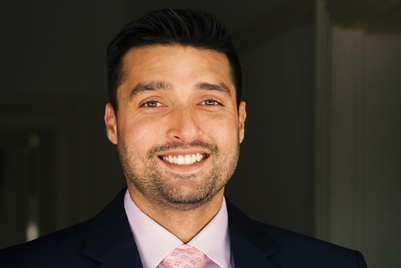
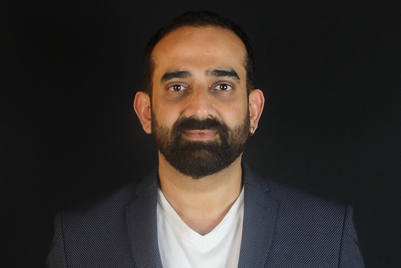
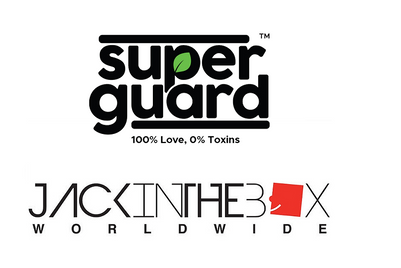
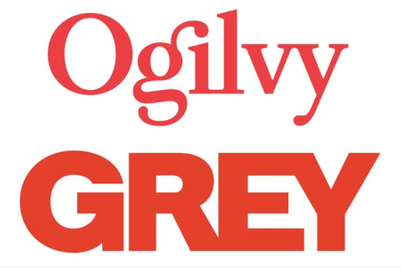

.png&h=268&w=401&q=100&v=20250320&c=1)
